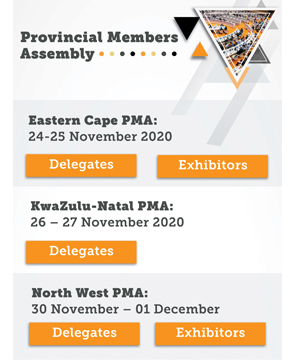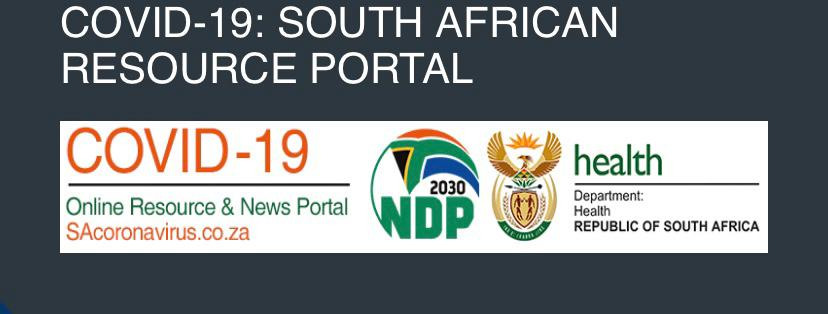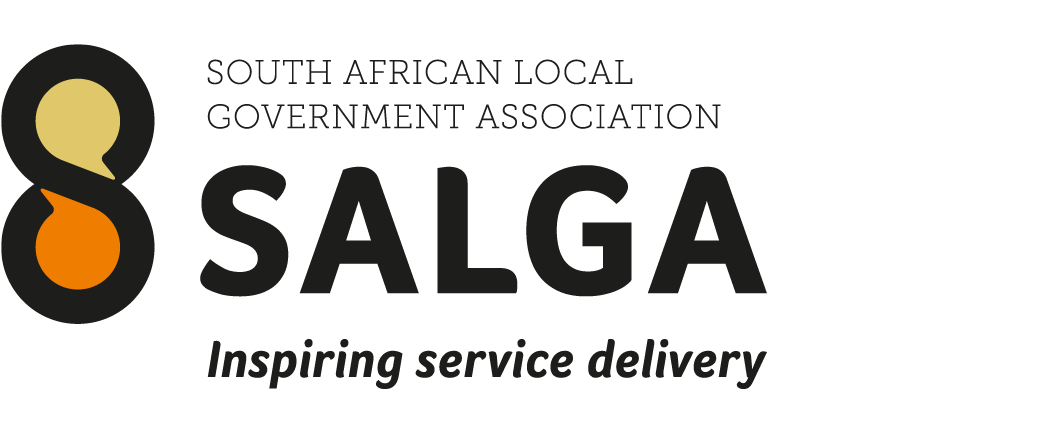
 |
 |
 |
 |
||||
 |
 |
 |
 |
 |
SALGA NEWS |
Upcoming Events |
 |
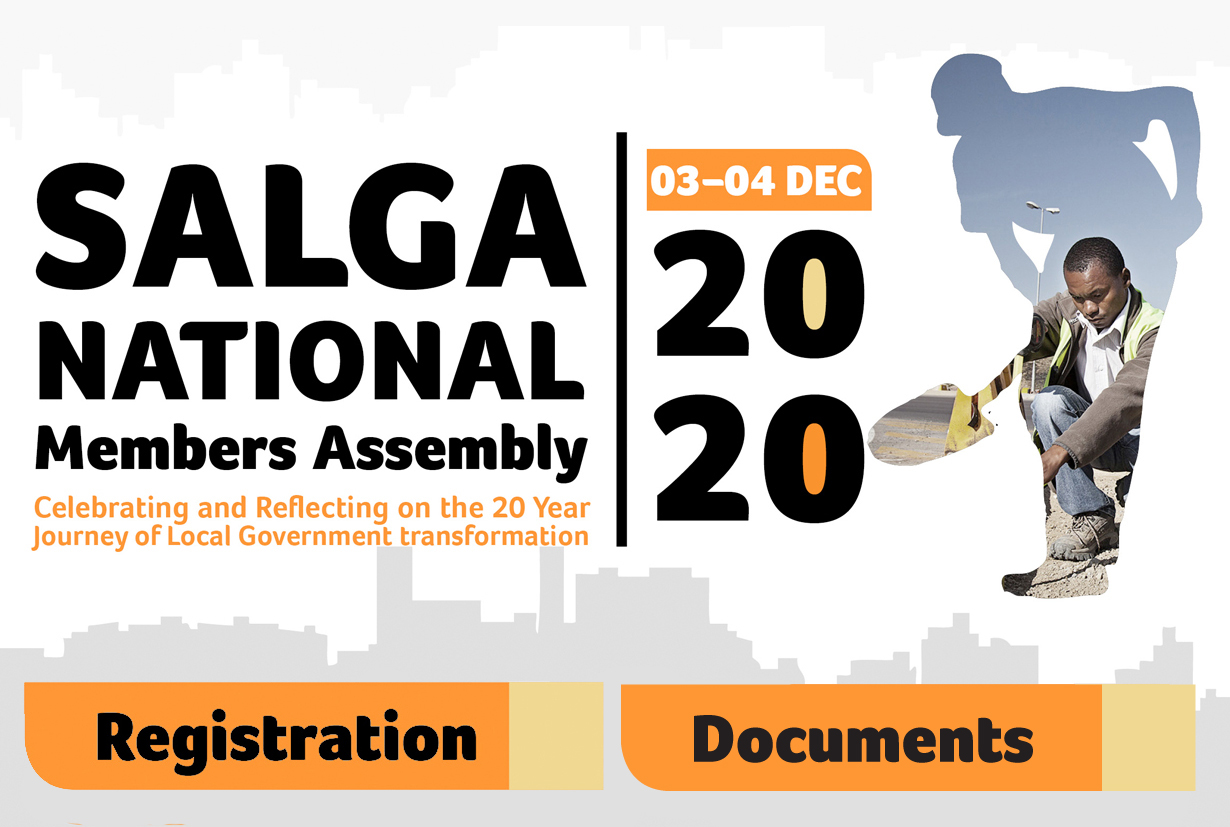
|
|

|
|

|
|
Annual Report |
 |
Quick Links |
 |
Municipalities |
 |
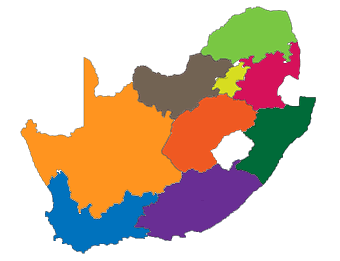
|
|
Social Media |
 |
Follow Us on Social Media
|
|
Freedom Day | Democracy at the Local Level
Posted: 27 April 2021
 |
On this day twenty-seven years ago, more than 22 million South Africans turned out at polling stations across the length and breadth of the country to cast their ballots in what would be their first non-racial democratic election.
On the 27th of April 1994, freedom and Constitutional democracy was born in South Africa and the day’s importance in South African history can never be underestimated.
This is what makes April 27 more than just a national day. The day marks the end to apartheid rule and the establishment of a new Constitutional order, which bore the hallmarks of peace, unity, the preservation and restoration of human dignity.
This in a practical sense meant that millions of South Africans who had no political rights and were excluded from the country’s political body, were now able to take part in the conduct of public affairs and also gain the right to have access to public services.
Democratic advances
South Africa’s constitution has been globally recognized as one of the most progressive in the world. This is primarily due to its Bill of Rights, a human rights charter that protects the civil, political and socio-economic rights of all people in South Africa.
These are legally enforceable rights, which guarantee South African citizens political rights, freedom of expression and the right to healthcare, housing, water, education and social security to mention but a few.
Under the new constitution, local government was given the task of rebuilding local communities and environments as a basis on which a democratic, integrated, prosperous and non-racial society could be realised.
“It’s important that local government fulfils this function in the pursuit of addressing inequality and advancing human rights. We have a progressive bill of rights, it has a list of socio-economic rights and municipalities are involved either directly or indirectly in many of these,” says Prof Jaap de Visser, Director of the Dullah Omar Institute, University of the Western Cape.
The remarks were made at a webinar, hosted this month by Corruption Watch in discussion with the South African Local Government Association (SALGA), as well as the Dullah Omar Institute, to understand the role of local government and the importance of public oversight.
In giving effect to local government’s constitutionally mandated objectives, together with those relevant to other spheres of government, notable advances have been made with regard to social and economic reforms for the country’s impoverished black majority over the last 27 years:
- Close to 3.3 million homes were built from 1994 to 2018.
- Approximately 45.6% of South African households receive at least one social grant. This is an increase from 30.8% in 2003.
- Most South Africans live in formal dwellings - 81.9%, according to the 2020 Statistics South Africa (Stats SA) General Household Survey (GHS).
- The percentage of households with access to electricity increased from 76.7% in 2002 to 85% in 2019.
- Approximately 88.2% of households now have access to piped or tap water in their dwellings.
- The percentage of households with access to improved sanitation went up from 61.7% in 2002 to 82.1% in 2019.
- And the percentage of households for which refuse was removed at least once per week increased from 56,1% in 2002 to 58,8% in 2019.
More than just the numbers
The data represented is more than just numbers because they reflect people’s lived experiences.
“We have a lot of these socio-economic rights that are linked to basic services and even the courts have formulated an additional right, which is a right to basic municipal services. So we have all the legal instruments in place to put local government at the centre of addressing inequality. Municipalities play a critical role in promoting rights in the bill of rights,” said Prof de Visser.
However, despite the advances that have been made, there are areas of concern that need attention in order for human dignity, equality and freedom to become a reality for everyone, everywhere.
Citizen participation in local governance
Elections are a cornerstone of democracy. In South Africa, councils are elected every 5 years and it is during these elections that citizens elect the public representatives who will best represent their interests at the local level.
There are many other mechanisms and channels that develop and foster citizen participation in local government.
The Local Government: Municipal Structures Act, 1998, amongst others requires municipalities to develop mechanisms to consult communities and community organisations in performing their functions and exercising its powers.
Ward committees play an essential role in shaping core municipal processes, such as Integrated Development Planning (IDP), municipal budgeting and municipal performance management processes.
These are vital communication channels and co-operative partnerships between local communities and the councils that represent them.
Chapter 5 of the Act also requires specifically that citizens participate in the preparation, implementation and review of the IDP.
Integrated Development Planning is a process through which municipalities prepare a strategic development plan which extends over a five-year period. It is a broad plan for an area that gives an overall framework for development.
Municipalities across the country have already been urging local communities to comment and to participate in the draft 2021-2026 IDPs that will determine their local councils’ service delivery focus for the new financial year.
SALGA Chief Operations Officer (COO) Lance Joel says such platforms act as the basis for collaborative, deliberative and interactive local governance as they invite citizens and local officials to find solutions to the problems that affect them.
He encouraged citizens to make use of all the channels for public participation made available to them by their local municipalities.
“There is much more that could be done by municipalities to ensure that communities are part of what happens or does not happen in a municipality and likewise, as community members, we should not think that local government starts and ends when we go and make an x when the elections take place,” says Joel.
SALGA joins all South Africans in commemorating the 27th anniversary of the first free and fair elections.
On this day of April 27, 2021, SALGA join hands with the national and provincial spheres of government, public entities, civil society bodies and ordinary citizens across the length and breadth of South Africa in the commemoration of Freedom Day, celebrated under the theme “The Year of Charlotte Maxeke: The Meaning of Freedom under COVID-19”.